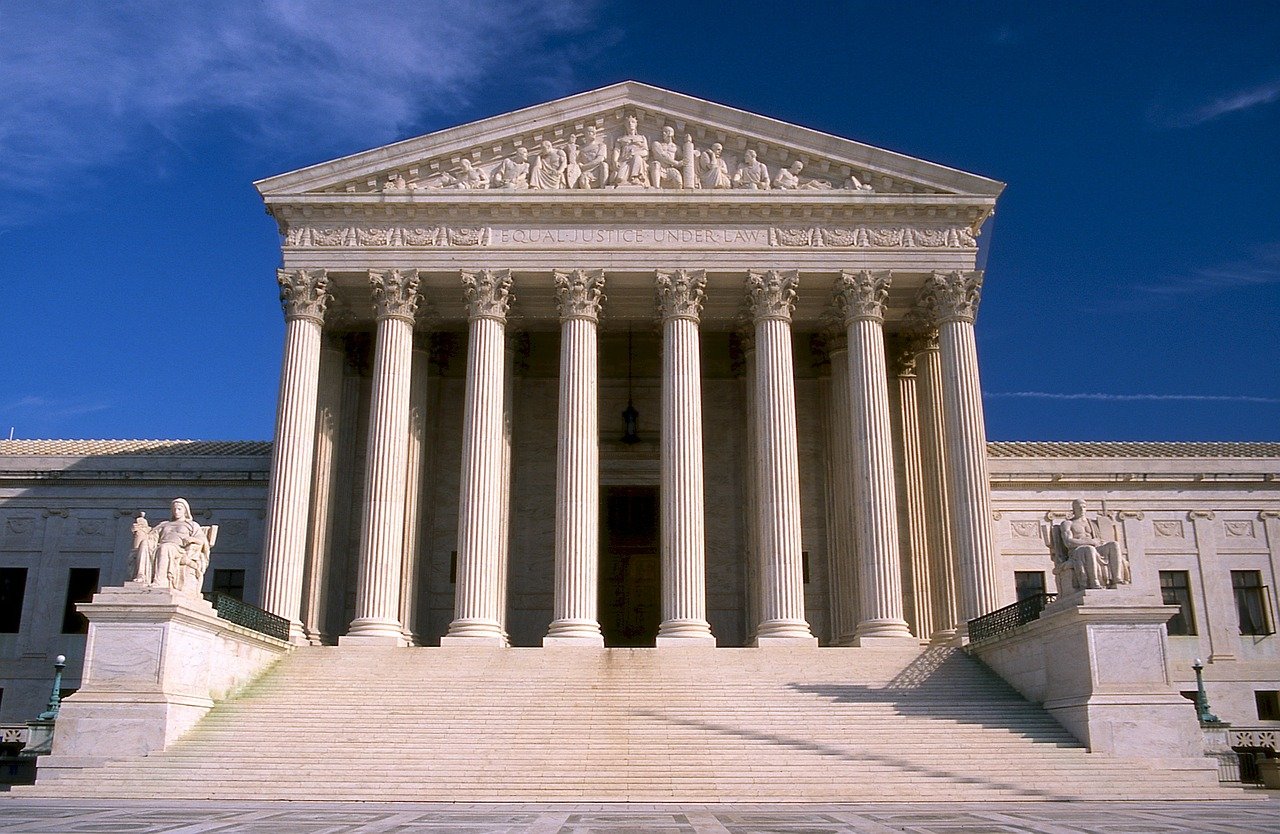The following is a media release from Sen. Ed Markey, who was elected by voters in the Commonwealth of Massachusetts to serve the state in Washington DC in the US Senate. He is a Democrat.
***
[broadstreet zone=”51611″]
WASHINGTON DC – Senator Edward J. Markey (D-Mass.), the House author of the Telephone Consumer Protection Act (TCPA), Congresswoman Anna G. Eshoo (D-Calif.) and 19 members of the U.S. Senate and House of Representatives today, October 22, filed an amicus brief with the Supreme Court urging the Justices to uphold the Ninth Circuit’s decision in Duguid v. Facebook, Inc, which found that when Congress passed the TCPA, it defined Automatic Telephone Dialing System (“ATDS”) to include systems like predictive dialers that dial telephone numbers stored in a list or database and systems that dial arbitrary numbers produced by a random or sequential number generator.
The Members assert that a reversal of Facebook, Inc. would exclude unwanted robocalls from the requirement for consent under the TCPA because the calls were made from a system that stored the numbers on a list. In such a scenario, the TCPA would no longer protect consumers from a robocall campaign that called every cellular number in the entire Country every hour of the day, which can easily be done via the internet from a home office let alone a well-resourced telemarketer.
[broadstreet zone=”58610″]
In a case with similar facts, Judge Amy Coney Barrett recently wrote a decision upholding a more narrow interpretation of autodialer.
“[A] narrow reading of the TCPA to exclude dialing from databases and limit application to numbers that were randomly generated would reverse decades of precedent and gives a green light to telemarketers and scammers who will suddenly be free to initiate billions of automated calls to Americans who have a united distain for intrusive robocalls,” write the members of Congress in the brief. “Interpreting ATDS to only apply to random dialing systems that create numbers out of thin air ignores the intent of Congress shown by the TCPA’s legislative history when the legislation was enacted with bipartisan support and would render our cell phones utterly useless as a means of communication.” The members conclude: “The TCPA remains an essential, if not more essential, piece of legislation today. By restricting calls made to cell phones using robocall technology, among other provisions, the TCPA prevents a countless number of unwanted robocalls every year, every day, and indeed every hour and minute, from intruding on Americans’ privacy, scamming their wallets, and overwhelming our confidence in the nation’s telephone networks.”
[broadstreet zone=”70106″]
A copy of the amicus brief can be found HERE.
Under the TCPA, automatic telephone dialing systems (i.e., technology that allows someone to make calls without manually dialing a number by hand) and artificial or prerecorded voices may not be used to make calls to cell phones, except with prior express consent of the called party, or if the call is being made for emergency purposes.
Other Senators signing the amicus brief include Senators Bob Menendez (D-N.J.), Ben Cardin (D-Md.), Jeff Merkley (D-Ore.), Richard Blumenthal (D-Conn.), Elizabeth Warren (D-Mass.), Tammy Baldwin (D-Wisc.), Sheldon Whitehouse (D-R.I.), Ron Wyden (D-Ore.), Sherrod Brown (D-Ohio), and Tom Carper (D-Del.).
Other House members signing the amicus brief are Representatives Doris Matsui (CA-06), Tony Cárdenas (CA-29), Jerry McNerney (CA-09), Jackie Speier (CA-14), Jamie Raskin (MD-08), Alcee L. Hastings (FL-20), Ed Case (HI-01), Bobby L. Rush (IL-1), and Marc A. Veasey (TX-33).


